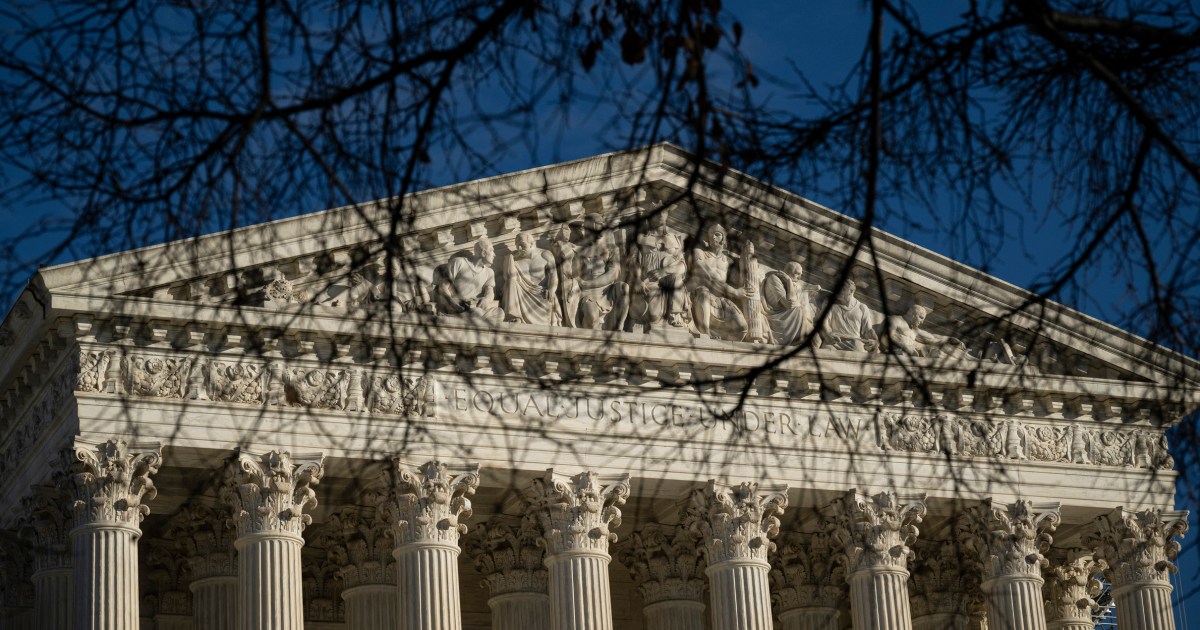Key takeaways:
- The U.S. Supreme Court has issued a temporary order preventing the deportation of Venezuelan detainees at the Bluebonnet Detention Center in Texas, ensuring they are not removed from the U.S. until further notice amidst ongoing legal proceedings.
- The emergency appeal was filed by the ACLU, arguing against deportations under the Alien Enemies Act of 1798, leading to the Supreme Court’s intervention to allow further legal examination of the detainees’ rights.
- Despite dissent from Justices Clarence Thomas and Samuel Alito, the temporary block remains, providing a reprieve for the detainees labeled as gang members by the Trump administration, with further legal proceedings expected.
In a recent development, the U.S. Supreme Court has issued a temporary order preventing the deportation of Venezuelan detainees held at the Bluebonnet Detention Center in Texas. The court’s directive, which remains in effect until further notice, applies to all members of the putative class of detainees, ensuring they are not removed from the United States. This decision comes amidst ongoing legal proceedings concerning the rights of these individuals to contest their deportations.
Earlier in April, the Supreme Court had stipulated that deportations could only proceed if the individuals facing removal were given an opportunity to present their case in court and had a reasonable amount of time to contest the decision. The recent order effectively pauses the deportation process for those detained within the jurisdiction of the Northern District of Texas, as the court has neither granted nor denied the application filed by the detainees’ legal representatives.
The emergency appeal leading to this decision was filed by the American Civil Liberties Union (ACLU), which argued that immigration authorities were attempting to resume deportations under the Alien Enemies Act of 1798. This 18th-century law, originally enacted during wartime, has been cited in the context of the current deportation efforts. The Supreme Court’s intervention temporarily halts these actions, allowing for further legal examination of the detainees’ rights and the applicability of the law.
Notably, the Supreme Court’s decision was not unanimous, as two conservative justices, Clarence Thomas and Samuel Alito, expressed their disagreement with the order. Despite this dissent, the temporary block remains in place, providing a reprieve for the Venezuelan men detained in Texas, who have been labeled as gang members by the Trump administration. The case continues to unfold, with further legal proceedings anticipated in the coming weeks.



Be First to Comment